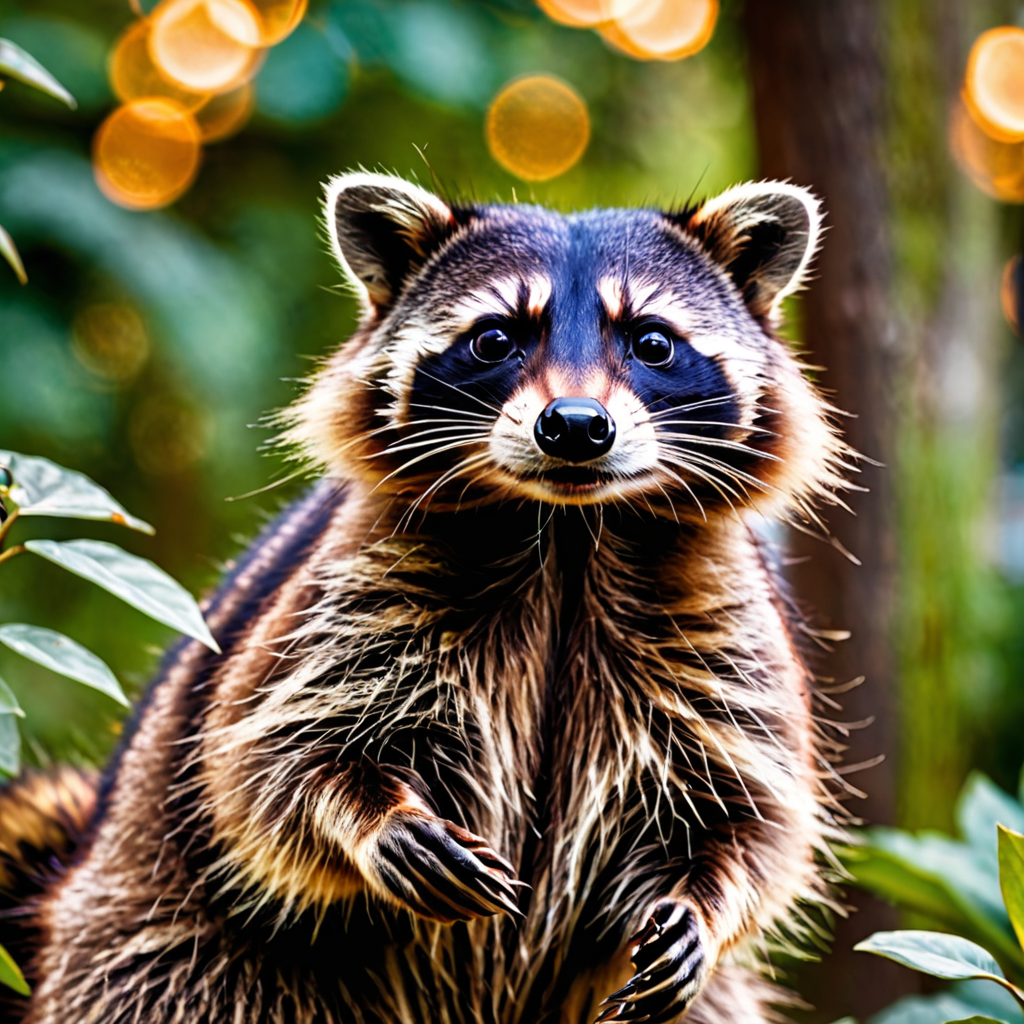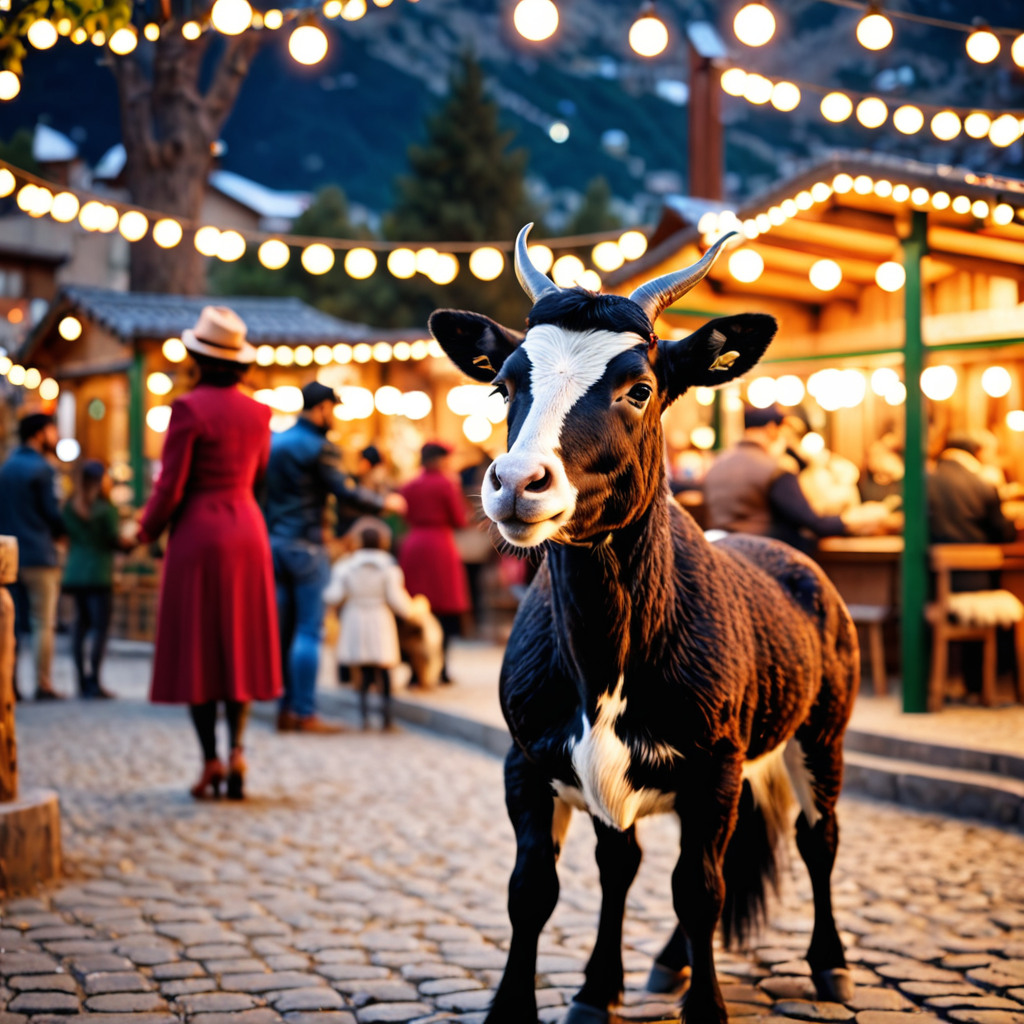
Encountering a Raccoon in Your Yard: Your Guide to Handling the Situation
1. Assess the Situation
Take a moment to evaluate the presence of the raccoon in your yard. Observe its behavior and determine if it poses any immediate threat to you, your family, or your pets.
2. Maintain a Safe Distance
It is important to keep a safe distance from the raccoon. Raccoons are wild animals and may become aggressive if they feel threatened. Stay at least 20 feet away and do not approach or try to handle the raccoon.
3. Secure Your Pets
If you have pets, bring them indoors or ensure they are in a secure area away from the raccoon. This will help prevent any potential conflicts or injuries between your pets and the raccoon.
4. Remove Attractants
Raccoons are often attracted to food and garbage. Securely seal your trash cans and remove any potential food sources from your yard, such as pet food or bird feeders.
5. Contact Local Animal Control
If the raccoon is causing significant damage or poses a threat to your safety, it is best to contact your local animal control agency. They have the expertise and resources to safely handle the situation.
Frequently Asked Questions
Q: Can I trap and relocate the raccoon myself?
A: It is generally not recommended for homeowners to trap and relocate raccoons on their own. In many regions, trapping and relocating wildlife requires a permit. It is best to contact professionals who are familiar with local regulations and can ensure the raccoon is safely relocated.
Q: How can I deter raccoons from returning to my yard?
A: To deter raccoons, make sure to eliminate any food sources and secure your trash cans. Additionally, consider installing motion-activated lights or sprinklers to startle raccoons and make your yard less appealing.
Q: Are raccoons dangerous to humans?
A: While raccoons generally avoid human interaction, they can pose a risk, especially if they feel threatened. Raccoons are known carriers of diseases such as rabies, so it is important to keep a safe distance and not attempt to handle them.
Q: How can I raccoon-proof my yard?
A: To raccoon-proof your yard, securely seal any potential entry points to your home, including crawl spaces and attics. Additionally, reinforce and secure fences to prevent raccoons from easily accessing your yard.
Q: What should I do if a raccoon enters my house?
A: If a raccoon enters your house, it is important to remain calm and quietly leave the area. Open doors and windows to provide an escape route for the raccoon. If the raccoon becomes trapped or aggressive, contact your local animal control immediately.


